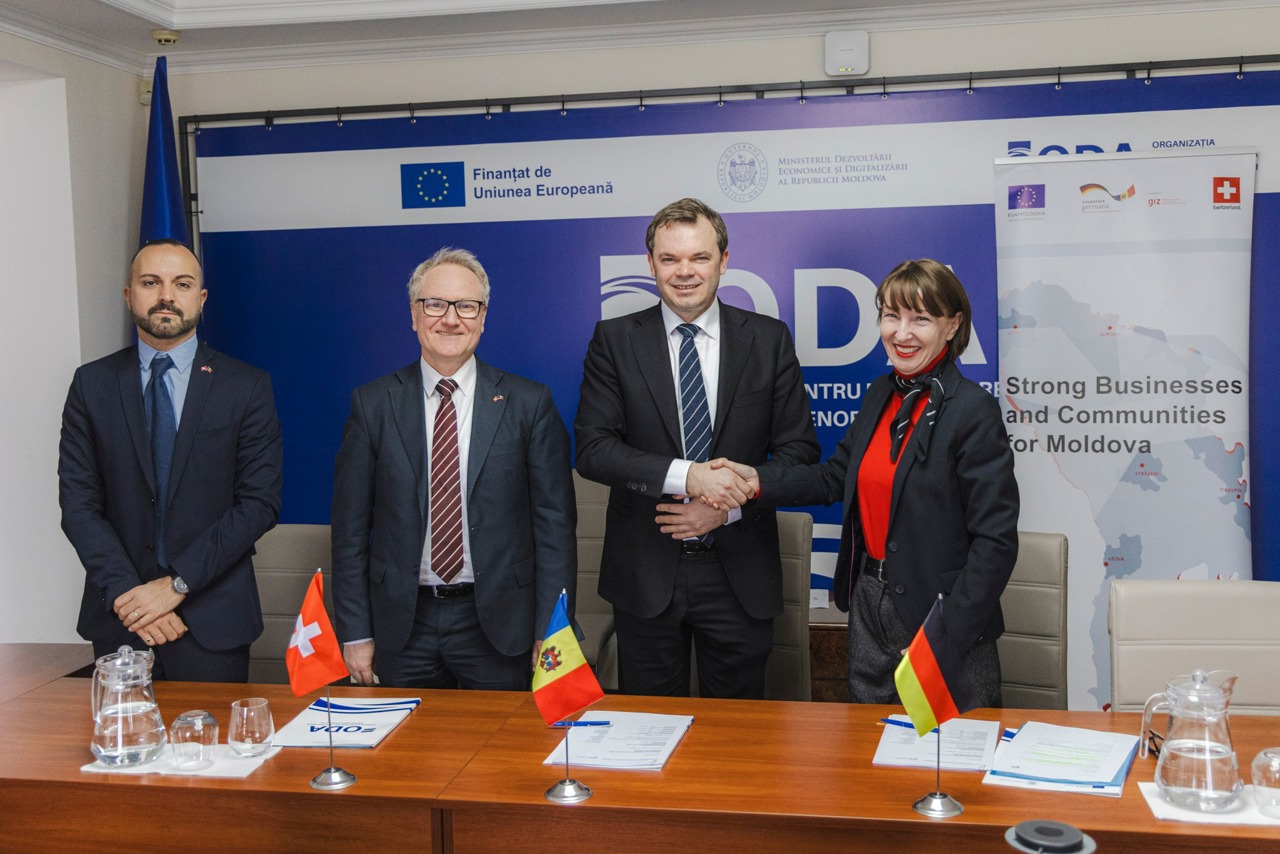EU Grant Boosts Moldova's Labor Market Reforms
The European Union has allocated €2 million to the Republic of Moldova to support the training and development of its labour market.

The project aims to improve the efficiency and integrity of two key institutions: the National Employment Agency and the Labor Inspectorate. These reforms are considered essential to increasing the employment rate and ensuring fair and legal working conditions. Minister Alexei Buzu provided details about the labour market reform and development project in the Republic of Moldova during an interview on the program "Good Morning."
"This program supports our efforts to ensure that we are indeed building efficient and integrated institutions," Minister Buzu said. "We can learn from the best practices of our European Union partners, and I am very pleased that this program will significantly facilitate this process."
Regarding the issue of low wages, the minister acknowledged that Moldova faces structural challenges. These challenges include labour migration and the discrepancies between the skills employers demand and the skills available in the Moldovan workforce.
"We have structural challenges related to demographics," Minister Buzu explained. "As many of you know, a significant number of our citizens still choose to seek employment outside the country. We have also experienced periods of slow economic growth. It was only in 2023 that we began to see some recovery. We are hopeful that 2024 will be a much better year in terms of economic development."
On the topic of the care sector and the recent problems with personal assistants in Chișinău, the minister explained that the government has intervened to provide immediate support to those affected. He also announced plans to create an alternative personal care service.
"We have strived to identify solutions as quickly as possible," Minister Buzu said. "For March, we provided compensatory payments to the 1,200 personal assistants who were affected. These payments have continued in April, starting on Monday. In May, all of these personal assistants will be reintegrated into the formal labour market. The new service will be administered by the Ministry of Labor and Social Protection."
Finally, regarding European integration and its impact on wages, the minister stressed that this process does not automatically guarantee high wages. Labour laws and wage regulations are determined at the national level. He emphasised the need for patience and the gradual implementation of reforms to ensure effective integration into European structures.
Translation by Iurie Tataru






